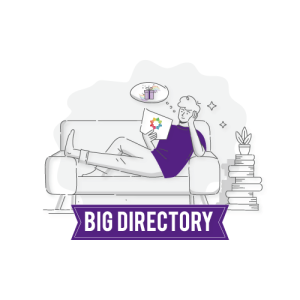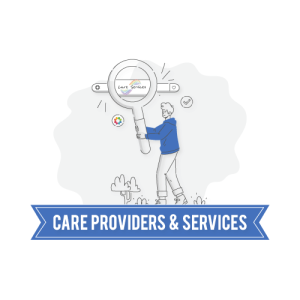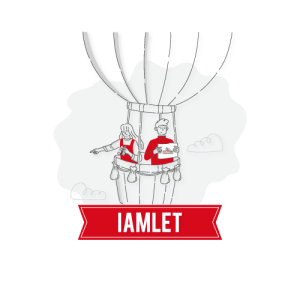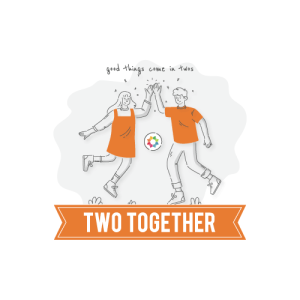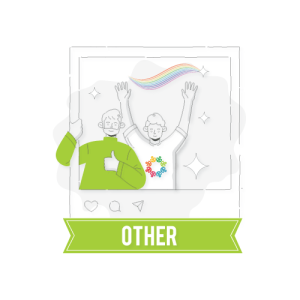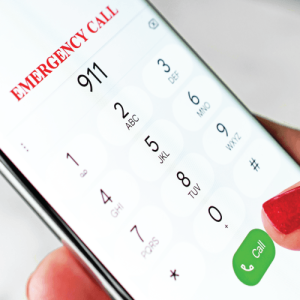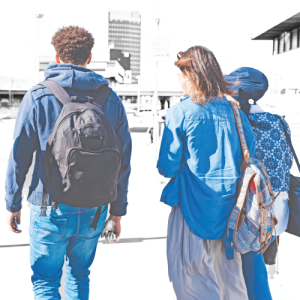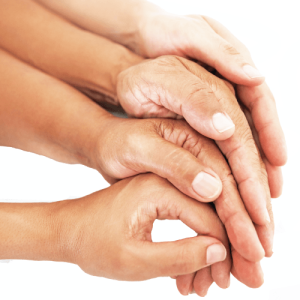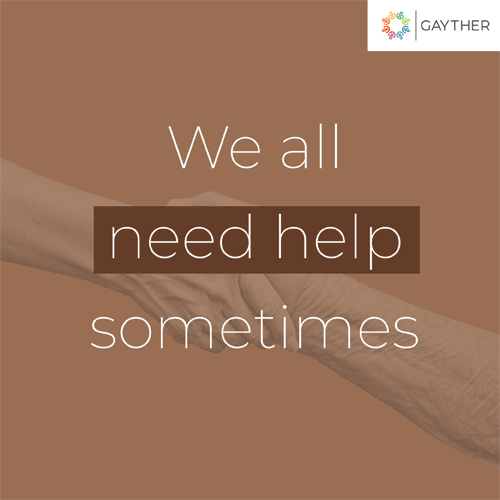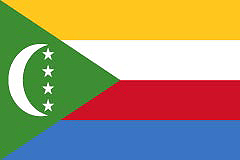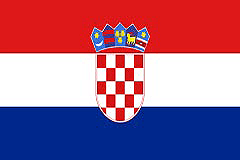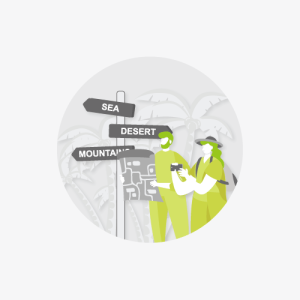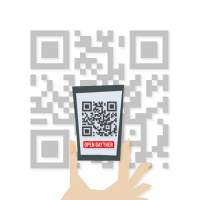
Worldwide Age of Consent

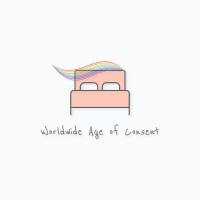
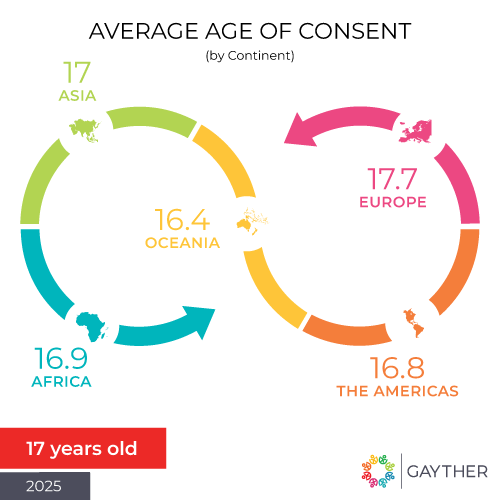
KEY FACTS
- The average age of consent in the world is 17 years old
- 163 (or 70%) of countries have an equal age of consent, which is the standard for LGBTQIA+ individuals. In 46 (or 19.7%) of countries, the LGBTQIA+ equality status is unknown
- 23 (or 9.9%) of countries have a different age of consent as a standard than for those that identify as LGBTQIA+, and 1 (or 0.4%) of countries, there is a discrepancy in terms of the law
- In 2025, in terms of the age of consent:
- 130 (or 55.8%) of countries around the world have an age of consent of 18, followed by 73 (or 31.3%) with an age of consent of 16
- 25 (or 10.7%) countries have an age of consent of 15 or below, and 1 defines the age of consent as Puberty
- Only 1 country defines the age of consent as 21 years of age
- In the countries in which it is still illegal to be in same-sex relationships, 13 (or 19.7%) out of 66 countries have an age of consent below the age of 15
- The average age for those countries that have decriminalised same-sex relationships or never had laws in place criminalising homosexuality is 16.3 years of age, whereas the average age is 15.8 for those countries that still criminalise homosexuality
- Of those countries that have decriminalised same-sex relationships or never had laws in place criminalising homosexuality, 12 (or 7.2%) out of 167 countries have an age of consent below the age of 15
- Compared to the LGBTQIA+ Population Statistics:
- 126.5 million (or 59%) people live in countries where the age of consent is 18 and 14.8 million (or 6.9%) of people live in countries where the age of consent is 15 or below
- Over 199.5 million (or 93%) of the world’s LGBTQIA+ population live in countries where the age of consent is 16 years of age and over
- Compared to the LGBTQIA+ Equality Index in 2025:
- For the 59 (or 25.3%) countries that score low or low within the index, the average age of consent is 17.1; the lowest age is 13, and the highest is 18
- For the 99 (or 42.5%) countries that score medium within the index, the average age of consent is 16.9; the lowest age is 13, and the highest is 21
- For the 75 (or 32.2%) countries that score medium within the index, the average age of consent is 17.4; the lowest age is 14, and the highest is 18
LGBTQIA+ COUNTRY & REGION GUIDES
 Click on a specific country within the map to find out the Age of Consent
Click on a specific country within the map to find out the Age of ConsentTAKING PRIDE IN YOU

The age of consent relates to the legally recognised age at which a young person of any sex, gender or sexual orientation can lawfully consent to sexual activity. The legal protection was put in place in many countries around the world to protect children from sexual abuse and exploitation and provides guardians and the authorities the ability to prosecute offenders that violate this law. The minimum age varies from country to country, and often, there is a disparity between genders and sexual orientations.
The law is often linked to the age at which an individual is considered an adult, and the penalty and severity of the prosecution of anyone violating the law are typically more serious the older the perturbator might be. The legal defence of whether they looked older or told me that they were over the age of consent is often not sufficient as most people under the age of consent will usually be considered minors and legally will not be held responsible for their actions. Ultimately, if engaging in sexual activity with a young adult, especially where the age of consent is 18 or 21, it is vital to seek proof of the person’s age; otherwise, you might be committing an offence and face prosecution.
In many countries, historically, the age of consent was different for members of the LGBTQIA+ community, with individuals often being required to be two or more years older than the standard age of consent. Many countries have corrected biased and discriminatory practices, usually aligning the age of consent. In countries where same-sex activities are illegal, the age of consent is often irrelevant as LGBTQIA+-related actions are considered prohibited; however, if one party were considered a minor, the penalty would likely be more severe.
The age of consent is an important legal protection for minors to ensure they do not engage in or are subject to sexual abuse before they are of legal and emotional maturity in which they can make informed decisions. Though the age can vary, countries take these laws seriously, so it is essential that before you travel, especially if you plan to meet or hook up with local people, you understand the age of consent and the various ways you can protect yourself whilst you are there.
WHO DO YOU CALL IN AN EMERGENCY...
Learn more about the age of consent around the world by country name (in alphabetical order). If you want to learn more about any country, please click on the flag or the country name, which will open the required content in a new window.
For each country listed, you will discover information relating to the age of consent, as well as the status, which includes:
- Equal - means that the age of consent is the same for men, women and LGBTQIA+ individuals (if applicable)
- Unequal - implies that the age of consent is different for men, women and LGBTQIA+ individuals (if applicable)
- Discrepancy - means that the age of consent is unclear, and there might be discrepancies concerning the information
- Unknown - means that the age of consent is unknown or there is no public information about the different treatment between sex, gender and sexual orientation.
DISCOVER HOW WELL THE COMMUNITY ARE TREATED..

When reviewing data, it is crucial to understand what it represents, whether it reflects the world and the experience of all those affected. Changes within any given country or region are not restricted to a specific month of the year or even are automatically triggered. Change, especially concerning equality, gender recognition, same-sex marriages and the status of gay conversion therapy, often takes work. Typically by many large groups of dedicated and focused individuals advocating and fighting for justice for positive change within their local communities.
The indices have been created to help you understand the world around you; however, engaging with your global community is essential. It is vital, especially if you are familiar with your desired destination. By reaching out and communicating with other members of the LGBTQIA+ community, you can establish critical details. It only takes a small amount of effort in locating people from or those who have already visited your particular destination for advice. Engaging on social media and Gayther’s networking platform, Gayther Affinity, can help you connect with the global LGBTQIA+ community.
Gayther...your community resources
Three dedicated websites offer various tools, services, guides, and much more. Free tools and services tailored toward all groups within the global LGBTQIA+ community
There are thousands of events taking place, it is not always easy to know what is going on and when, Gayther can help
RESOURCES TO HELP YOUR FRIENDS, FOLLOWERS, CUSTOMERS…
With over one thousand data points relating to weather stations worldwide, hundreds of LGBTQIA+ country and state travel guides, as well as community-related articles, fun and games, there is something for everyone on Gayther. Help your friends, followers or customers by including a badge or any one of the hundreds of colourful QR Codes within your newsletter, blog, vlog or website to direct them to resources that relate directly to you or your business or service. Discover QR Codes and Gayther Badges today
- The index has been compiled and is correct as of Jun 8, 2025
- The index has been compiled using a variety of different sources, including news articles, publications and websites such as Wikipedia
IMPORTANT DISCLAIMER: The Worldwide Age of Consent information has been compiled from various sources and websites. The information has been based on the rules and laws at a national level rather than for any given region, state or province. For some countries, whether there was limited or conflicting information regarding the age of consent, the final entry would be based on consistent data and reasonable judgment. The Worldwide Age of Consent guide is for illustrative purposes only; we do not guarantee the accuracy or completeness of the data, and none of the information constitutes advice. It is essential that you carry out independent research on any countries you plan to visit before going, as information changes frequently. Your country’s foreign office will advise you on any given country’s status and whether it is safe to travel there.
Functional Always active
Preferences
Statistics
Marketing
Home | GAYTHER LGBT
Accessibility Statement
- gayther.lgbt
- February 27, 2026
Compliance status
We firmly believe that the internet should be available and accessible to anyone, and are committed to providing a website that is accessible to the widest possible audience, regardless of circumstance and ability.
To fulfill this, we aim to adhere as strictly as possible to the World Wide Web Consortium’s (W3C) Web Content Accessibility Guidelines 2.1 (WCAG 2.1) at the AA level. These guidelines explain how to make web content accessible to people with a wide array of disabilities. Complying with those guidelines helps us ensure that the website is accessible to all people: blind people, people with motor impairments, visual impairment, cognitive disabilities, and more.
This website utilizes various technologies that are meant to make it as accessible as possible at all times. We utilize an accessibility interface that allows persons with specific disabilities to adjust the website’s UI (user interface) and design it to their personal needs.
Additionally, the website utilizes an AI-based application that runs in the background and optimizes its accessibility level constantly. This application remediates the website’s HTML, adapts Its functionality and behavior for screen-readers used by the blind users, and for keyboard functions used by individuals with motor impairments.
If you’ve found a malfunction or have ideas for improvement, we’ll be happy to hear from you. You can reach out to the website’s operators by using the following email info@gayther.com
Screen-reader and keyboard navigation
Our website implements the ARIA attributes (Accessible Rich Internet Applications) technique, alongside various different behavioral changes, to ensure blind users visiting with screen-readers are able to read, comprehend, and enjoy the website’s functions. As soon as a user with a screen-reader enters your site, they immediately receive a prompt to enter the Screen-Reader Profile so they can browse and operate your site effectively. Here’s how our website covers some of the most important screen-reader requirements, alongside console screenshots of code examples:
-
Screen-reader optimization: we run a background process that learns the website’s components from top to bottom, to ensure ongoing compliance even when updating the website. In this process, we provide screen-readers with meaningful data using the ARIA set of attributes. For example, we provide accurate form labels; descriptions for actionable icons (social media icons, search icons, cart icons, etc.); validation guidance for form inputs; element roles such as buttons, menus, modal dialogues (popups), and others. Additionally, the background process scans all the website’s images and provides an accurate and meaningful image-object-recognition-based description as an ALT (alternate text) tag for images that are not described. It will also extract texts that are embedded within the image, using an OCR (optical character recognition) technology. To turn on screen-reader adjustments at any time, users need only to press the Alt+1 keyboard combination. Screen-reader users also get automatic announcements to turn the Screen-reader mode on as soon as they enter the website.
These adjustments are compatible with all popular screen readers, including JAWS and NVDA.
-
Keyboard navigation optimization: The background process also adjusts the website’s HTML, and adds various behaviors using JavaScript code to make the website operable by the keyboard. This includes the ability to navigate the website using the Tab and Shift+Tab keys, operate dropdowns with the arrow keys, close them with Esc, trigger buttons and links using the Enter key, navigate between radio and checkbox elements using the arrow keys, and fill them in with the Spacebar or Enter key.Additionally, keyboard users will find quick-navigation and content-skip menus, available at any time by clicking Alt+1, or as the first elements of the site while navigating with the keyboard. The background process also handles triggered popups by moving the keyboard focus towards them as soon as they appear, and not allow the focus drift outside it.
Users can also use shortcuts such as “M” (menus), “H” (headings), “F” (forms), “B” (buttons), and “G” (graphics) to jump to specific elements.
Disability profiles supported in our website
- Epilepsy Safe Mode: this profile enables people with epilepsy to use the website safely by eliminating the risk of seizures that result from flashing or blinking animations and risky color combinations.
- Visually Impaired Mode: this mode adjusts the website for the convenience of users with visual impairments such as Degrading Eyesight, Tunnel Vision, Cataract, Glaucoma, and others.
- Cognitive Disability Mode: this mode provides different assistive options to help users with cognitive impairments such as Dyslexia, Autism, CVA, and others, to focus on the essential elements of the website more easily.
- ADHD Friendly Mode: this mode helps users with ADHD and Neurodevelopmental disorders to read, browse, and focus on the main website elements more easily while significantly reducing distractions.
- Blindness Mode: this mode configures the website to be compatible with screen-readers such as JAWS, NVDA, VoiceOver, and TalkBack. A screen-reader is software for blind users that is installed on a computer and smartphone, and websites must be compatible with it.
- Keyboard Navigation Profile (Motor-Impaired): this profile enables motor-impaired persons to operate the website using the keyboard Tab, Shift+Tab, and the Enter keys. Users can also use shortcuts such as “M” (menus), “H” (headings), “F” (forms), “B” (buttons), and “G” (graphics) to jump to specific elements.
Additional UI, design, and readability adjustments
- Font adjustments – users, can increase and decrease its size, change its family (type), adjust the spacing, alignment, line height, and more.
- Color adjustments – users can select various color contrast profiles such as light, dark, inverted, and monochrome. Additionally, users can swap color schemes of titles, texts, and backgrounds, with over seven different coloring options.
- Animations – person with epilepsy can stop all running animations with the click of a button. Animations controlled by the interface include videos, GIFs, and CSS flashing transitions.
- Content highlighting – users can choose to emphasize important elements such as links and titles. They can also choose to highlight focused or hovered elements only.
- Audio muting – users with hearing devices may experience headaches or other issues due to automatic audio playing. This option lets users mute the entire website instantly.
- Cognitive disorders – we utilize a search engine that is linked to Wikipedia and Wiktionary, allowing people with cognitive disorders to decipher meanings of phrases, initials, slang, and others.
- Additional functions – we provide users the option to change cursor color and size, use a printing mode, enable a virtual keyboard, and many other functions.
Browser and assistive technology compatibility
We aim to support the widest array of browsers and assistive technologies as possible, so our users can choose the best fitting tools for them, with as few limitations as possible. Therefore, we have worked very hard to be able to support all major systems that comprise over 95% of the user market share including Google Chrome, Mozilla Firefox, Apple Safari, Opera and Microsoft Edge, JAWS and NVDA (screen readers).
Notes, comments, and feedback
Despite our very best efforts to allow anybody to adjust the website to their needs. There may still be pages or sections that are not fully accessible, are in the process of becoming accessible, or are lacking an adequate technological solution to make them accessible. Still, we are continually improving our accessibility, adding, updating and improving its options and features, and developing and adopting new technologies. All this is meant to reach the optimal level of accessibility, following technological advancements. For any assistance, please reach out to info@gayther.com

